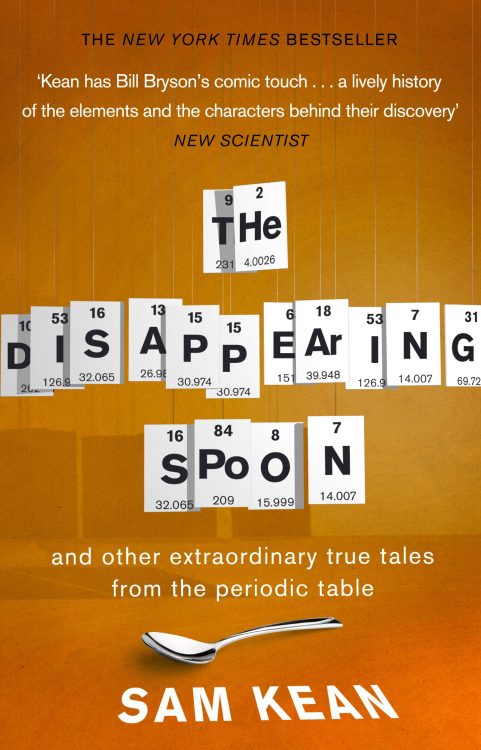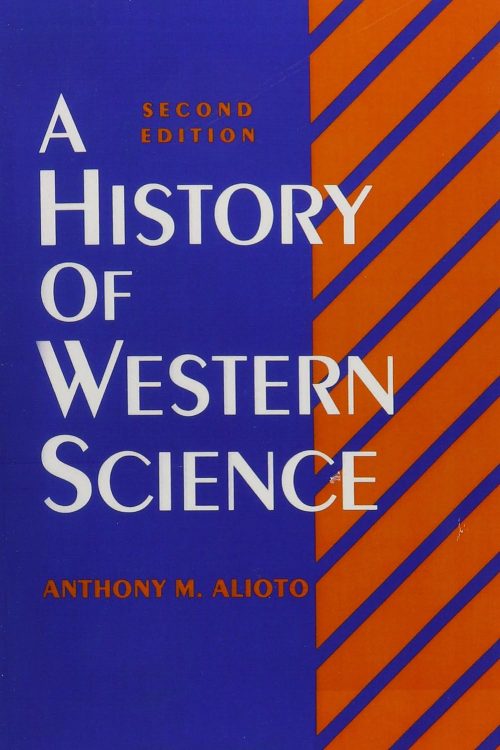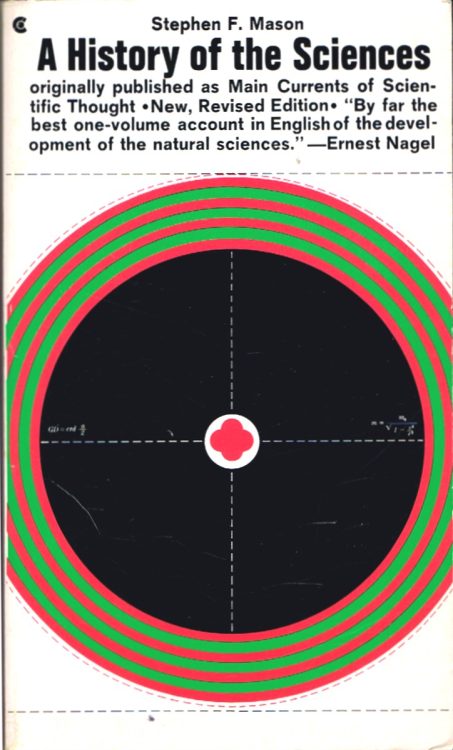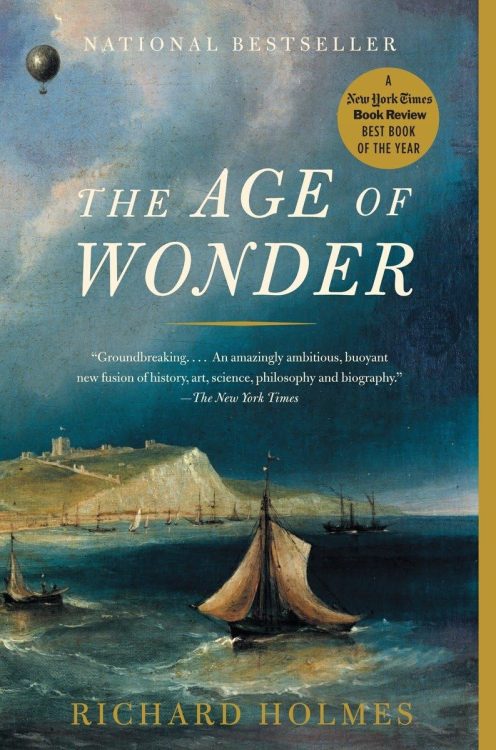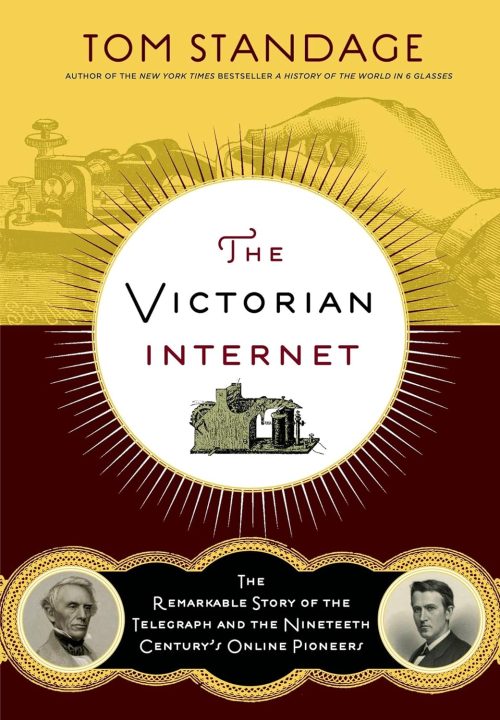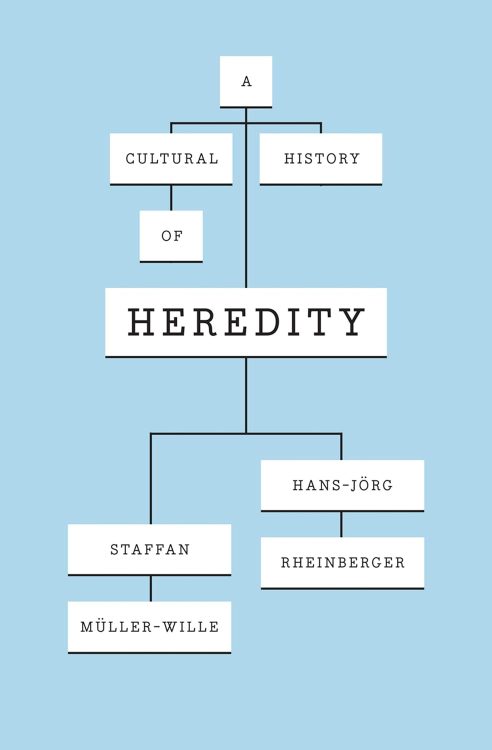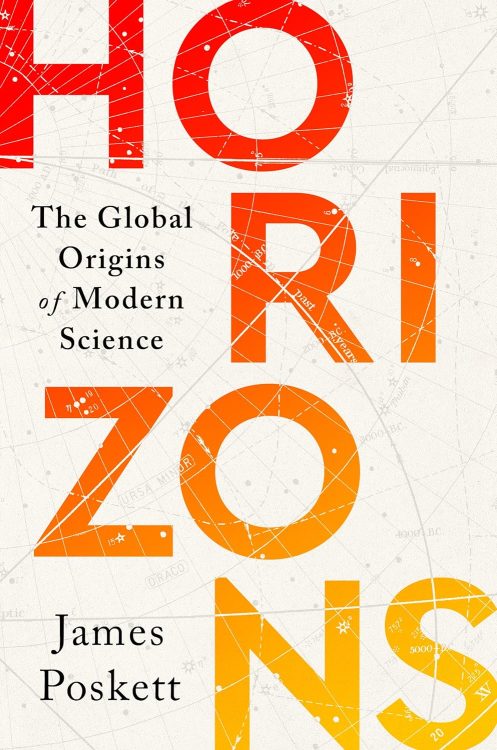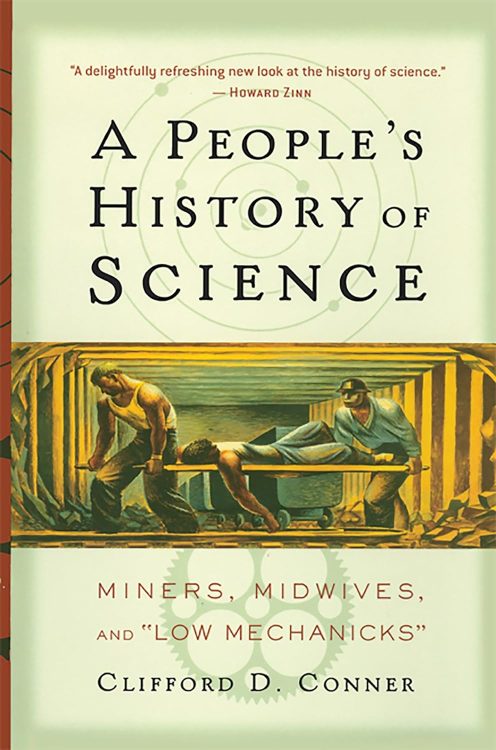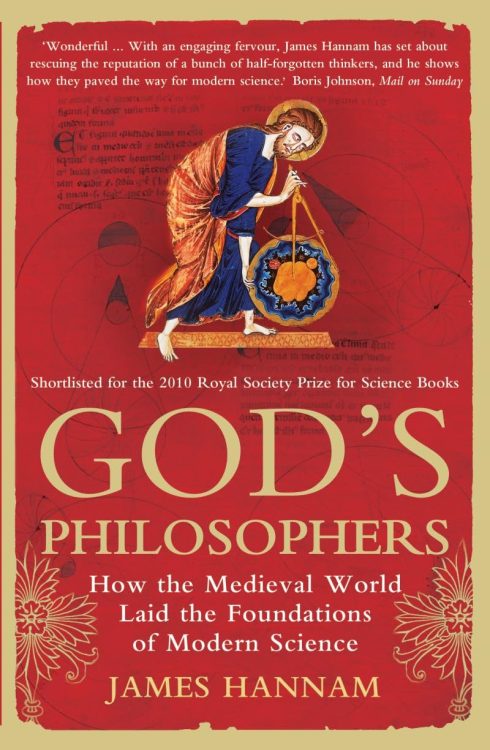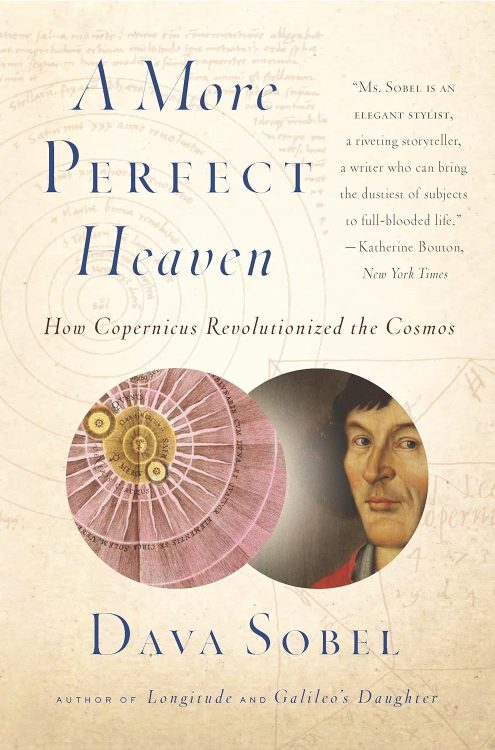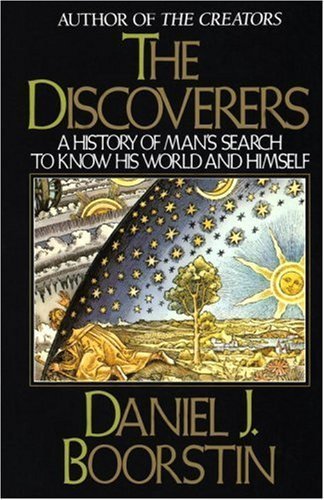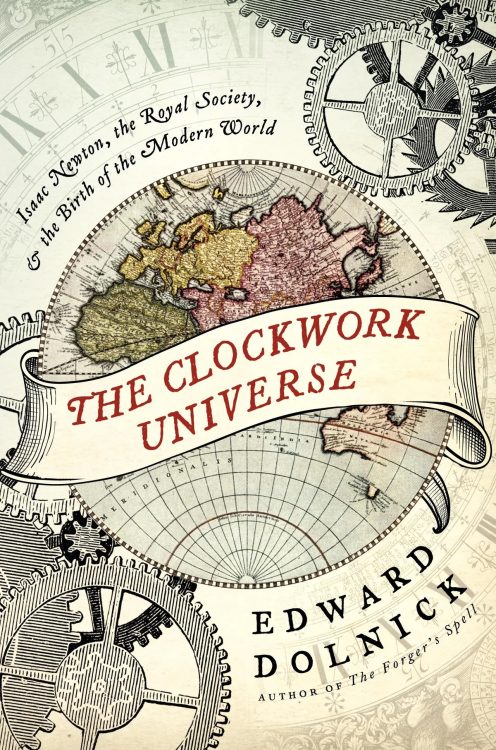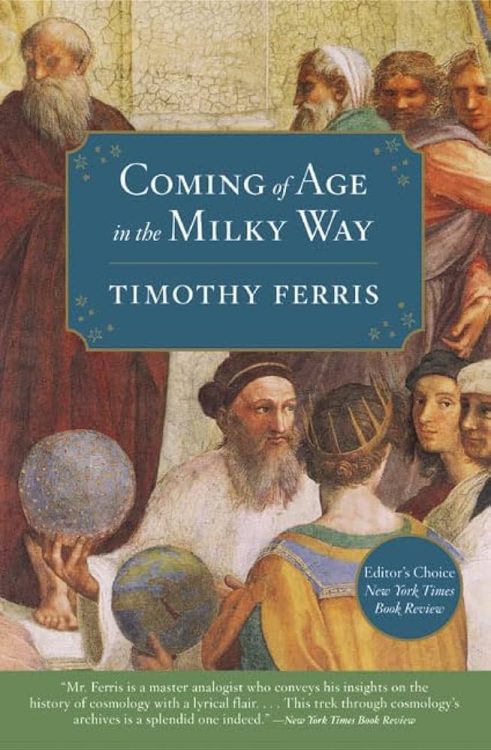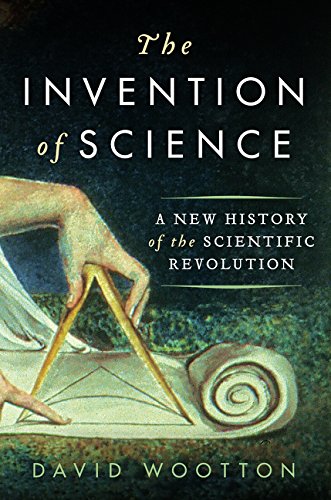“Science in Medieval Islam,” authored by Howard R. Turner, is a fascinating voyage into the rich scientific heritage that flourished during the Golden Age of Islam. The book serves not just as a recount but as an ode to the pioneering spirit of Muslim scholars whose insatiable quest for knowledge laid the fragmented bricks on which modern science has built its edifice.
Turner’s well-researched narrative takes the reader on a historical odyssey, beginning with the rapid expansion of the Islamic empire. Stepping into the shoes of the seventh-century scholars, the reader is immersed in an environment where knowledge from Greece and China was absorbed, assimilated, and amplified. One cannot help but be awe-struck by the civilization’s awe and veneration for learning.
The core of the text deal with the scientific endeavours and advances that emanated from this period. Ranging from cosmology to medicine, Turner encapsulates the essence of an era where the quest for understanding was truly holistic. The book illustrates a culture that found harmony between empirical inquiry and spiritual piety—a conjunction not often noted in contemporary scientific discourse.
Particularly captivating are the chapters on mathematics and astronomy, revealing the origins of much of the numerical and celestial knowledge taken for granted today. One can trace the lineage of algebra back to the Islamic scholars’ dedicated research, and Turner does a stellar job of connecting those dots.
What is equally commendable is the author’s articulation of the ripple effect Islamic science had on the Renaissance and subsequent epochs. Rather than presenting this influence as a footnote, Turner highlights it as an integral plot point in the story of human progress.
While delivering an academic and intellectual treatise, the book also heavily feeds on visual captivation. Its rich illustrations not only provide an aesthetic allure but also serve as an educational scaffold, helping to ground abstract concepts in tangible artifacts.
However, for readers seeking in-depth technical analysis of the scientific theories discussed, the book treads lightly. It’s a trade-off that makes “Science in Medieval Islam” readily accessible to a broad audience but might leave experts yearning for more density.
In conclusion, Howard R. Turner’s “Science in Medieval Islam” is an essential read for anyone inclined towards understanding the contributions of an oft-overlooked era in the tapestry of scientific history. It’s a book that inspires both respect for the past and contemplation on how its legacies shape our current scientific understanding. Turner illuminates a treasure trove of knowledge that compels the modern reader to reevaluate the sources of our own culture’s intellectual capital.


